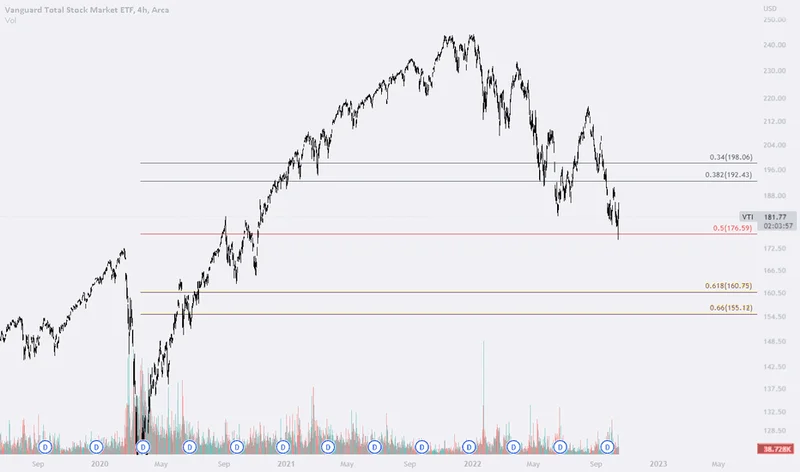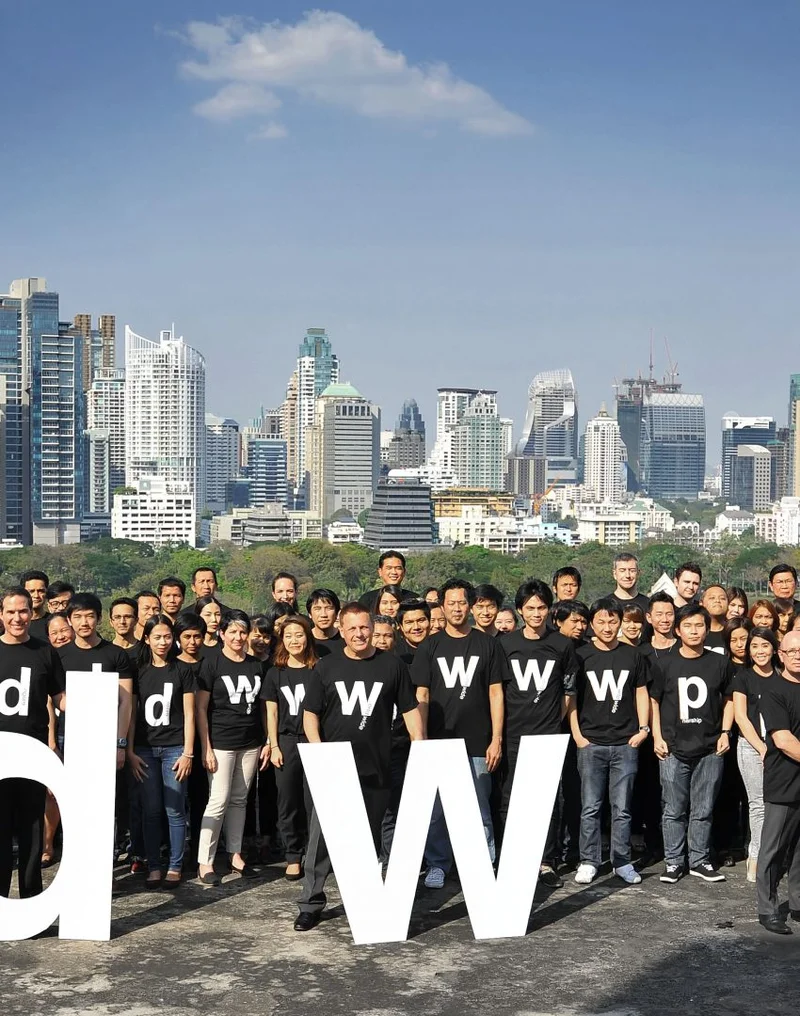AI's Free Push in India: What's the Catch?
Title: Free AI in India: Charity or Calculated Data Grab?
The rush is on. Google, OpenAI, and Perplexity AI are all offering free or heavily subsidized access to their AI tools for millions of Indian users. The stated goal? To hook a new generation on generative AI. The unspoken goal? To Hoover up as much data as possible from a massive, diverse, and digitally hungry population. But is this digital generosity a sustainable strategy, or just a race to the bottom, fueled by the promise of cheap data?
The Indian Gold Rush: Data as the New Oil?
India, with its 900 million-plus internet users (most under 24), represents a tempting prize. Cheap data plans and a smartphone-centric culture mean Indians consume data at rates that outpace much of the world. Tarun Pathak at Counterpoint Research nails it: this isn't philanthropy; it's a calculated investment. These companies are betting that early adoption will translate into long-term revenue streams, once the free trials expire and users are sufficiently addicted.
But here’s the rub: the "free" model hinges on data. The more Indians use these platforms, the more data these companies collect. And this data isn't just about user preferences or shopping habits. It's about training AI models on a population that speaks hundreds of languages, practices countless customs, and interacts with technology in ways that are fundamentally different from users in Silicon Valley. As Pathak observes, the "AI use cases emerging from here will serve as valuable case studies for the rest of the world."
The implicit assumption is that this data is valuable enough to justify the cost of providing free access. But what if the data is noisy, biased, or simply doesn't translate well to other markets? What if the cost of storing and processing this massive influx of data outweighs the benefits? These are questions that, frankly, seem to be glossed over in the initial excitement.

Privacy Trade-offs and the Regulatory Tightrope
The article correctly raises the crucial question of data privacy. As Prasanto K Roy points out, users are often willing to trade data for convenience, especially when "free" is involved. This is where the Indian government will need to step in, crafting regulations that protect user data without stifling innovation. (Good luck with that delicate balancing act.)
The challenge is that data privacy is a complex issue, especially in a country as diverse as India. What constitutes "personal data"? How do you obtain informed consent from users who may not fully understand the implications of sharing their data? And how do you prevent companies from using this data in ways that are discriminatory or harmful?
We're talking about a potential goldmine of information being generated daily. The government needs to regulate this data flow. But what happens when the regulators themselves don't fully understand the technology they're trying to oversee? This is where things get messy. ChatGPT, Gemini: Why OpenAI, Google and Perplexity are offering free AI in India?
So, What's the Real Story?
The "free AI" push in India isn't about altruism; it's about access to a massive and diverse data set. Whether that data will translate into a sustainable competitive advantage remains to be seen. And whether the Indian government can effectively regulate the data privacy implications of this digital land grab is an open question. My analysis suggests that this is less a charitable endeavor and more of a high-stakes gamble on the future of AI, with Indian users serving as both the guinea pigs and the potential beneficiaries. The long-term ROI (return on investment) is still a giant question mark.
Related Articles
John Malkovich Cast as President Snow: An Analysis of the Casting and Its Implications
The announcement landed with the precision of a well-funded marketing campaign. The Hunger Games, a...
Brad Gerstner's Vision for the Next AI Titan: Why AMD's 'Bet the Farm' Move Could Change Everything
Every so often, a piece of news hits my desk that feels less like an update and more like a tectonic...
Robinhood's Next Chapter: Decoding the 2025 Vision and What It Means for the Future of Investing
It’s easy to get lost in the numbers, and with Robinhood in 2025, the numbers are absolutely stagger...
That VTI 'What If' Article: Why It's Mostly Garbage
So, I pulled up my portfolio this morning. September 4, 2025. Ten years to the day since I dropped a...
Nebius: Cramer's Reversal and the Insatiable Demand
Cramer's AI U-Turn: Why IREN and Nebius Signal a Hyper-Growth Future We Can't Ignore Jim Cramer chan...
DWP Christmas Bonus 2025: Eligibility and Payment Shifts
Alright, let's talk about this DWP Christmas bonus. £10. A tax-free tenner handed out to benefit cla...





